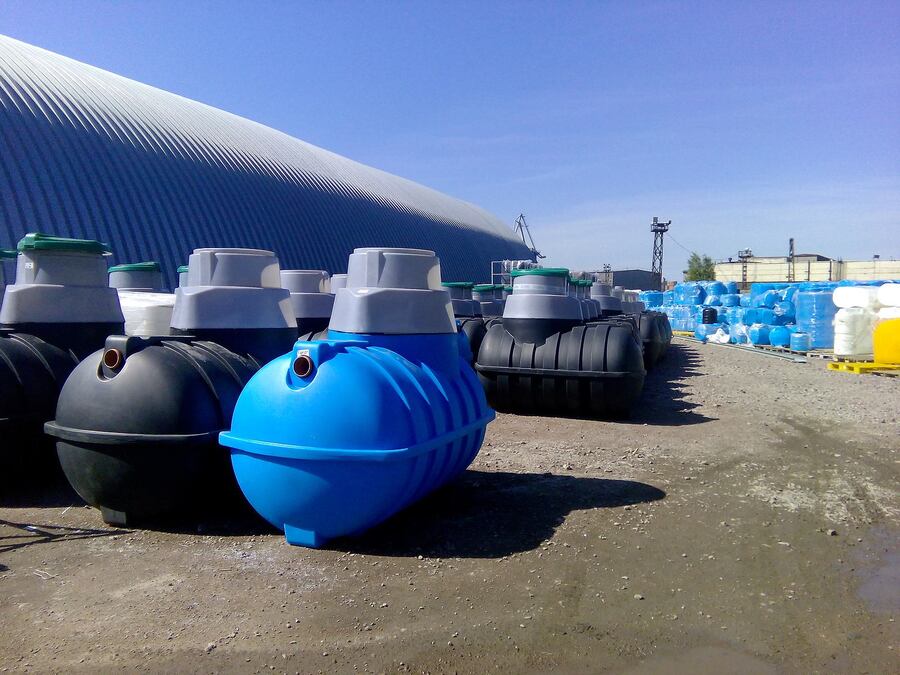
28
Installing a septic system is a major investment for any property that lacks access to a municipal sewer system. Proper preparation is essential to ensure the installation process goes smoothly and your system functions efficiently for years to come. Whether you’re replacing an old system or installing a brand-new one, following these key steps will set you up for success.
Before septic tank installation, a thorough site evaluation is necessary.
Once your permits are secured and the site evaluation is complete, excavation work can begin.
Proper placement of the septic tank is critical to ensure functionality and longevity. Key considerations include:
The drain field (also called the leach field) plays a crucial role in wastewater treatment. To prepare:
A septic system requires regular maintenance to function properly.
Once your septic system is installed, it’s essential to educate everyone in your home about proper usage. Avoid flushing non-biodegradable materials, grease, or harsh chemicals down the drain, as these can clog or damage the system. Encourage responsible water use and schedule regular inspections to keep the system functioning efficiently.
Preparing for a septic system installation involves careful planning, from site evaluation to excavation and future maintenance. By taking the right steps before installation, you can ensure your system operates efficiently for years. Remember to schedule regular septic tank pumping and cleaning to maintain optimal performance. Hiring a professional from Charlotte Septic Pros for installation and maintenance will help prevent costly repairs and extend the life of your septic system.

22
Can Bacteria Additives Eliminate the Need for Pumping? If you own a home with a septic system, you’ve probably seen…
Read more
12
A single slow drain in your home can feel like a minor inconvenience. Maybe the sink takes a little longer…
Read more
05
Are Slow Drains a Septic Issue or Just a Clog? Slow drains are one of those household problems that start…
Read more
02
What Septic Service Techs See That Homeowners Miss Most homeowners only think about their septic system when something goes wrong.…
Read more
21
Simple Habits That Protect Your Septic System A well-functioning septic system does its job quietly, but the moment something goes…
Read more
14
Pump Now or Pay Later: The Real Cost of Skipping Maintenance A properly functioning septic system is easy to forget…
Read more
11
Why Your Septic System Always Acts Up at the Worst Time Homeowners often feel that septic problems strike at the…
Read more
04
Early Warning Signs Your Septic Tank Needs Pumping For homeowners who rely on a septic system, routine maintenance is not…
Read more
29
Why Does My Septic System Smell Fine One Day and Terrible the Next? If you own a home with a…
Read more
19
Is Your Septic System Overdue? Simple Home Checks You Can Do Today For many homeowners, the septic system is a…
Read more